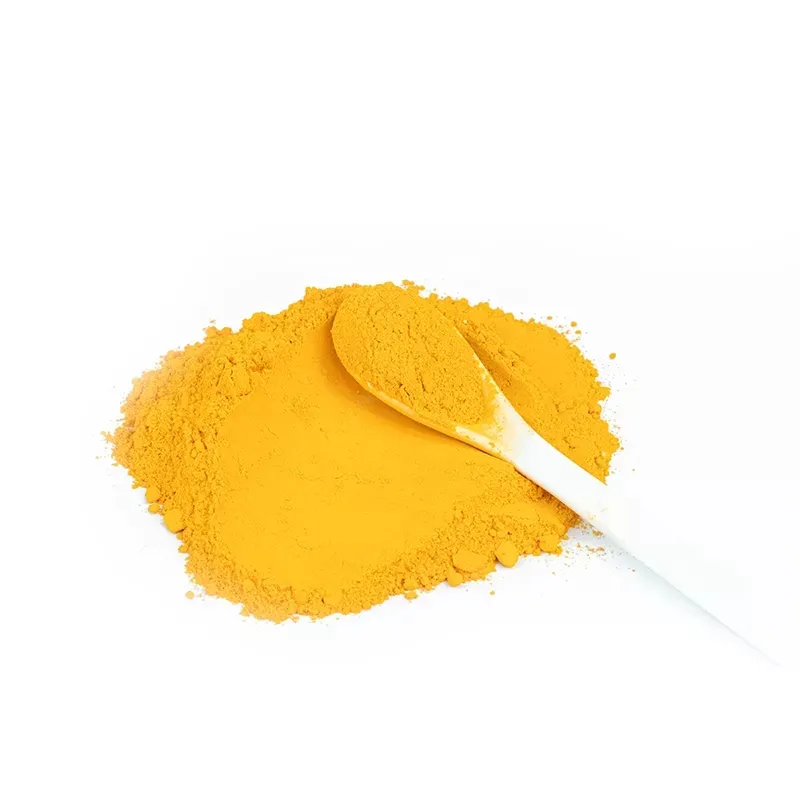 Email: sale@hebeidisha.com
Email: sale@hebeidisha.com
 Tel: +86 13315186550
Tel: +86 13315186550
- Afrikaans
- Albanian
- Amharic
- Arabic
- Armenian
- Azerbaijani
- Basque
- Belarusian
- Bengali
- Bosnian
- Bulgarian
- Catalan
- Cebuano
- China
- China (Taiwan)
- Corsican
- Croatian
- Czech
- Danish
- Dutch
- English
- Esperanto
- Estonian
- Finnish
- French
- Frisian
- Galician
- Georgian
- German
- Greek
- Gujarati
- Haitian Creole
- hausa
- hawaiian
- Hebrew
- Hindi
- Miao
- Hungarian
- Icelandic
- igbo
- Indonesian
- irish
- Italian
- Japanese
- Javanese
- Kannada
- kazakh
- Khmer
- Rwandese
- Korean
- Kurdish
- Kyrgyz
- Lao
- Latin
- Latvian
- Lithuanian
- Luxembourgish
- Macedonian
- Malgashi
- Malay
- Malayalam
- Maltese
- Maori
- Marathi
- Mongolian
- Myanmar
- Nepali
- Norwegian
- Norwegian
- Occitan
- Pashto
- Persian
- Polish
- Portuguese
- Punjabi
- Romanian
- Russian
- Samoan
- Scottish Gaelic
- Serbian
- Sesotho
- Shona
- Sindhi
- Sinhala
- Slovak
- Slovenian
- Somali
- Spanish
- Sundanese
- Swahili
- Swedish
- Tagalog
- Tajik
- Tamil
- Tatar
- Telugu
- Thai
- Turkish
- Turkmen
- Ukrainian
- Urdu
- Uighur
- Uzbek
- Vietnamese
- Welsh
- Bantu
- Yiddish
- Yoruba
- Zulu
Nov . 05, 2024 23:40 Back to list
aspartame contains phenylalanine
Aspartame is a widely used artificial sweetener that has been the subject of considerable debate and research since its introduction in the 1980s. One of the critical components of aspartame is phenylalanine, an amino acid that plays a significant role in the body but can pose health risks for certain individuals. Understanding the implications of aspartame and phenylalanine can help consumers make informed dietary choices.
Aspartame is approximately 200 times sweeter than sucrose (table sugar), making it an attractive option for those looking to reduce their caloric intake without sacrificing sweetness. It is commonly found in numerous products, including diet sodas, sugar-free gum, and various low-calorie foods. However, individuals with a genetic condition known as phenylketonuria (PKU) must avoid phenylalanine, as they cannot metabolize it effectively. This amino acid can accumulate in the body and lead to serious health issues, including cognitive impairments and developmental delays.
Labeling regulations require products containing aspartame to include a warning about phenylalanine content, ensuring that those with PKU can make safe choices. For the general population, aspartame is considered safe for consumption by various health organizations, including the FDA and the World Health Organization (WHO). Studies have consistently shown that aspartame does not pose a risk of adverse effects when consumed within the established acceptable daily intake levels.
aspartame contains phenylalanine

Despite this, some consumers remain wary of artificial sweeteners, linking them to various health concerns such as headaches, allergic reactions, or even long-term problems like cancer. However, extensive research has not substantiated these claims, and most regulatory bodies uphold that aspartame is safe for the general populace.
For individuals without PKU, aspartame can be a beneficial component in a balanced diet, particularly when trying to manage weight or reduce sugar intake
. Conversely, it’s crucial for those with PKU or sensitivity to phenylalanine to be vigilant in avoiding aspartame and reading product labels carefully.In conclusion, aspartame is a popular sweetener that contains phenylalanine, posing unique challenges for those with specific metabolic conditions like PKU. While it offers a low-calorie alternative for many, awareness and education are essential for ensuring safe consumption, enabling individuals to make informed choices that suit their health needs. Always consult with a healthcare professional if there are any concerns regarding dietary substances like aspartame and phenylalanine.
Latest news
-
Certifications for Vegetarian and Xanthan Gum Vegetarian
NewsJun.17,2025
-
Sustainability Trends Reshaping the SLES N70 Market
NewsJun.17,2025
-
Propylene Glycol Use in Vaccines: Balancing Function and Perception
NewsJun.17,2025
-
Petroleum Jelly in Skincare: Balancing Benefits and Backlash
NewsJun.17,2025
-
Energy Price Volatility and Ripple Effect on Caprolactam Markets
NewsJun.17,2025
-
Spectroscopic Techniques for Adipic Acid Molecular Weight
NewsJun.17,2025